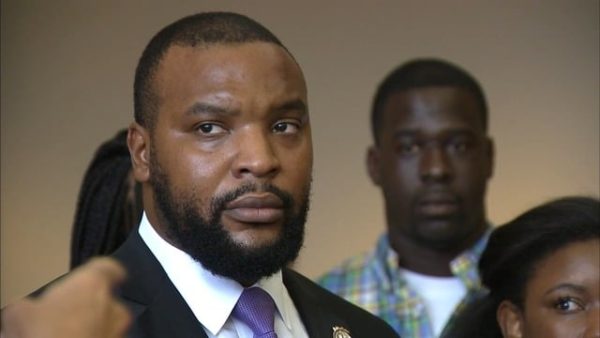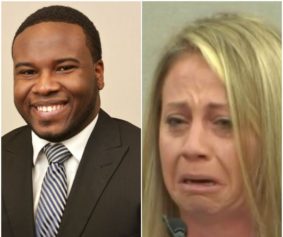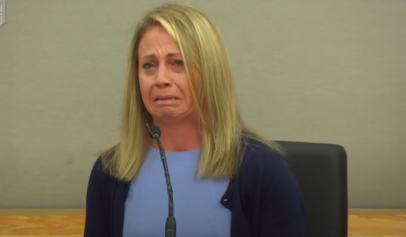Civil rights attorney Lee Merritt announced Friday that he’s free to assist victims of police misconduct after a judge dismissed charges accusing him of practicing state law in Texas without a license.
Merritt, 35, and his lawyer said they’re now considering legal action against the Texas Supreme Court committee that brought the “frivolous” claims.

Attorney Lee Merritt called the unlawful practice claims frivolous and accused the UPLC of trying to discredit him. (Image courtesy of Fox4News)
“Two years of taxpayer resources were wasted on this witch hunt and, more importantly, pulled me away from serving families seeking justice in a system clearly designed to deny them that,” argued Merritt, who faced 16 counts of criminal contempt.
As reported by The Dallas Morning News, the Unauthorized Practice of Law Committee (UPLC) alleged Merritt had violated a prior agreement promising not to practice law in any state case in Texas. The attorney, who is known for taking high-profile cases, isn’t licensed to practice state law in Texas but is permitted to practice federal law.
Committee member Leland de la Garza said the UPLC plans to appeal Thursday’s ruling by Judge Cynthia Wheless, adding that members are skeptical that Merritt’s participation in state law practice was unintentional. As punishment for breaching their agreement, the committee sought six months imprisonment for each violation, in addition to a $500 fine for each instance.
The charges were the result of a complaint originally filed by Tarrant County District Attorney Sharen Wilson accusing Merritt of unlawful practice, according to NBC Dallas-Fort Worth. Merritt, who’s represented the families of police shooting victims Botham Jean and Jordan Edwards, vehemently denied the claims and insisted he’s always worked alongside a licensed Texas attorney tasked with handling the criminal side of state cases.
Moreover, Merritt said he only served as an advocate for families as he prepared to file federal civil rights complaints. The attorney accused the UPLC of trying to discredit him and has since called for a “public and full-throated” apology from the committee.
“Ultimately, I believe that the prosecution was designed to stop the civil rights work that I was doing,” Merritt said. “I think the actors who were responsible for that plan, to stop the work that I was doing, are the state agents who came to testify, the state agents who made the original complaints.”
Watch more in the clip below.


